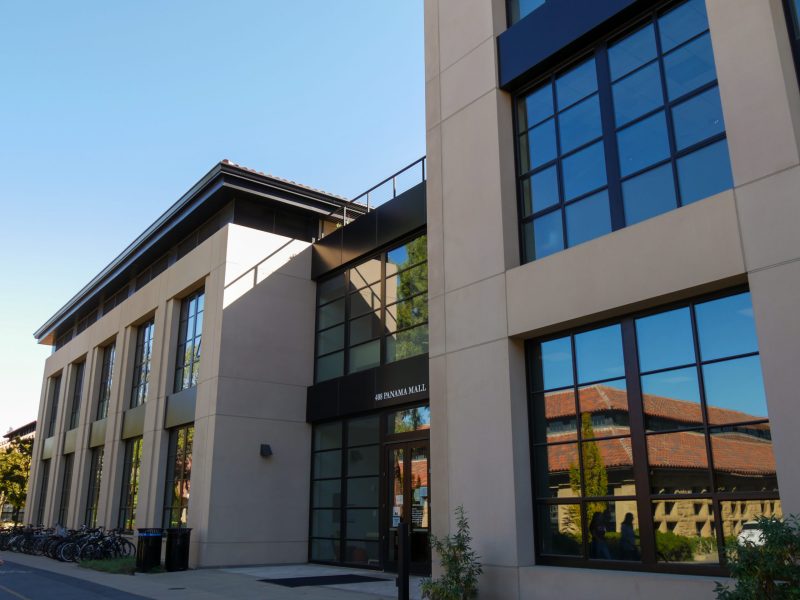When Gustavo Martinez ’25 arrived on campus this fall, he faced the daunting academic transition and social acclimation process familiar to all frosh. But in addition to the usual challenges, he also had to navigate the new environment as a first-generation and/or low-income (FLI) student representing his community.
“My success isn’t simply a reflection of myself, but a reflection of my family and community,” Martinez said.
His fellow FLI frosh are going through a very similar experience as they seek to find their place at Stanford. In interviews with The Daily, they described a myriad of culture and class shocks exacerbated by their personal and familial pressures to succeed.
Martinez, born in Oaxaca, Mexico and raised in Salinas, Calif., shared how he and his family previously dealt with deportation issues. “What keeps me motivated is this sense that I have already been through so much in my life alongside my family,” he said, reflecting on his transition to Stanford. “How am I going to let some math class stop me from achieving my goals and dreams?”
Erick Torres ’25 said that he “was appalled by the [exorbitant] amount of wealth around [him]” upon arriving at Stanford. “With my peers, I feel respected — although there have been times where I’ve had to explain what EBT [Electronic Benefits Transfer], MediCal and other terms mean.” Here, Torres is referring to government assistance services with which many low-income students are likely familiar.
Coming from a rural and low-income community, Torres said there was “nothing I could have done in high school to prepare me for Stanford’s rigor,” adding, “maybe learn how to run on five hours of sleep.”
His experience highlights the educational challenges some FLI students may encounter in an environment full of peers from higher-income backgrounds. Still, Torres acknowledged that the University provides an abundance of academic resources to try and alleviate these gaps.
Devyani Barrón Gonzalez ’25, also from Salinas, California, left a predominantly hispanic community for Stanford’s campus. “I have encountered times where I feel like I don’t belong,” Barrón Gonzalez said, speaking to the culture shock that came with her transition to college.
Jackelyn Barrajas ’25 explained the culture shock she endured when coming to Stanford as “something very painful.”
The extra expenses embedded in some of Stanford’s course offerings present access barriers for some students. Barrajas said she was looking forward to taking a photography class until she realized she was expected to front equipment costs.
The University provides programs and resources to ease the transition to Stanford, though the experience remains difficult for many FLI frosh. Over the summer, opportunities such as the Leland Scholars Program (LSP), which is held by the Office of the Vice Provost for Undergraduate Education, the Stanford Summer Engineering Academy (SSEA), which is held by the School of Education, and FLI Student Orientation (FLI-SO) help FLI frosh acclimate to Stanford life.
Airin Valdez ’25, from Los Angeles, California, was a member of the LSP cohort and said it allowed her to “cultivate a community” with other FLI students and left her better prepared for the rigor of Stanford courses.
Events such as FLI-SO aim to make FLI freshmen feel “empowered” by introducing students to “key faculty, staff and resources,” according to the FLI Office website.
Despite University attempts to bridge the economic and cultural gaps that FLI students face at Stanford, certain adversities still persist. However, Valdez said community resources are an important source of support.
“Being FLI at Stanford definitely has its own challenges,” Valdez said. “But being able to meet other FLI students allows us to support one another.”
This article has been corrected to reflect that LSP and SSEA are not run by the FLI Office. The Daily regrets this error.
